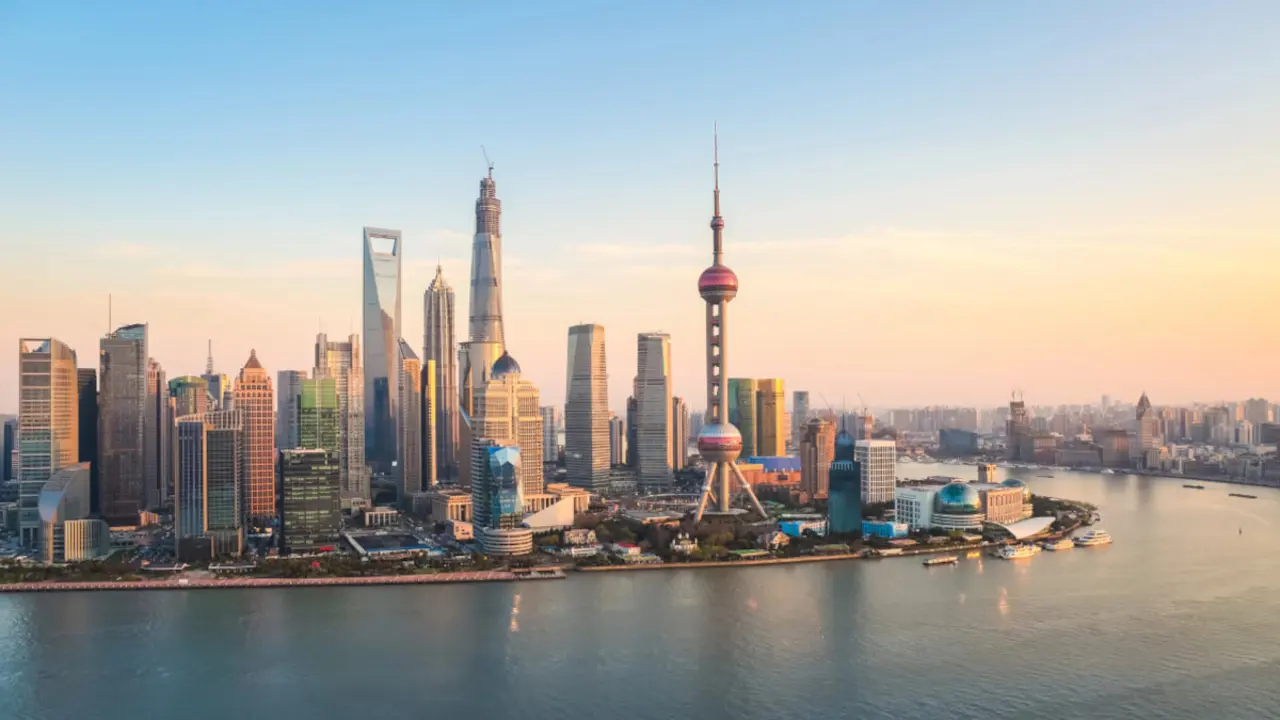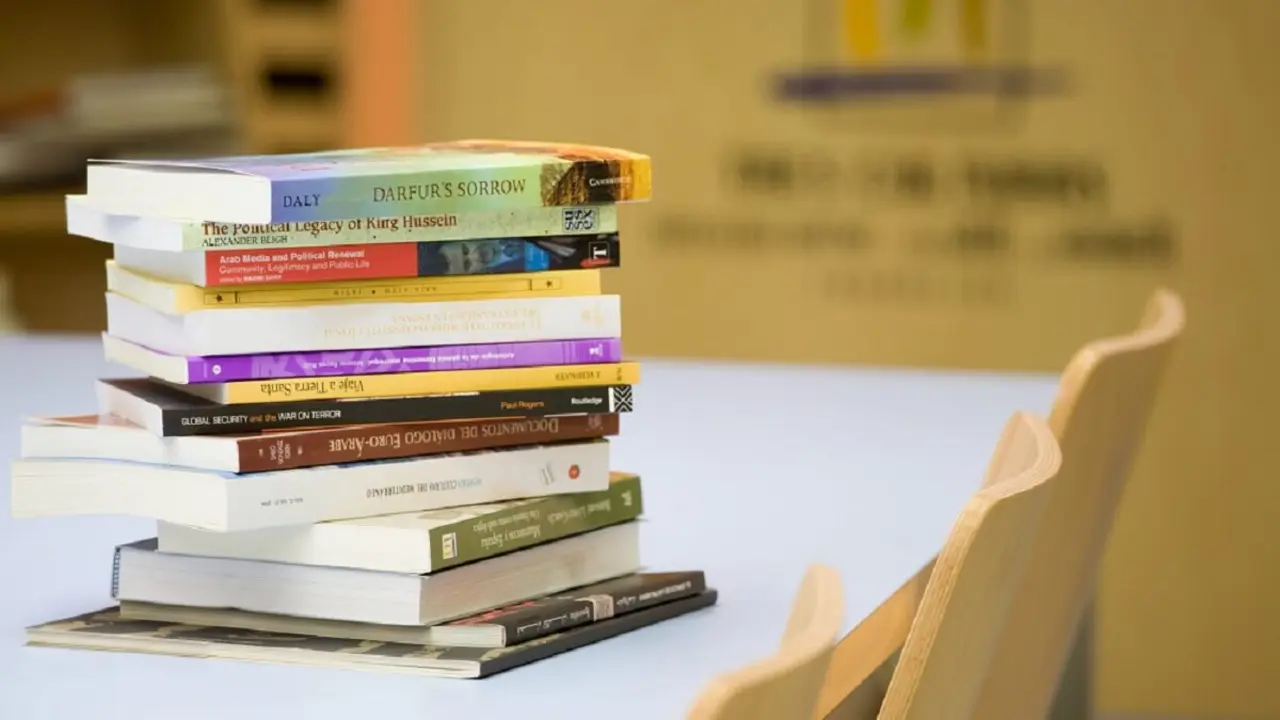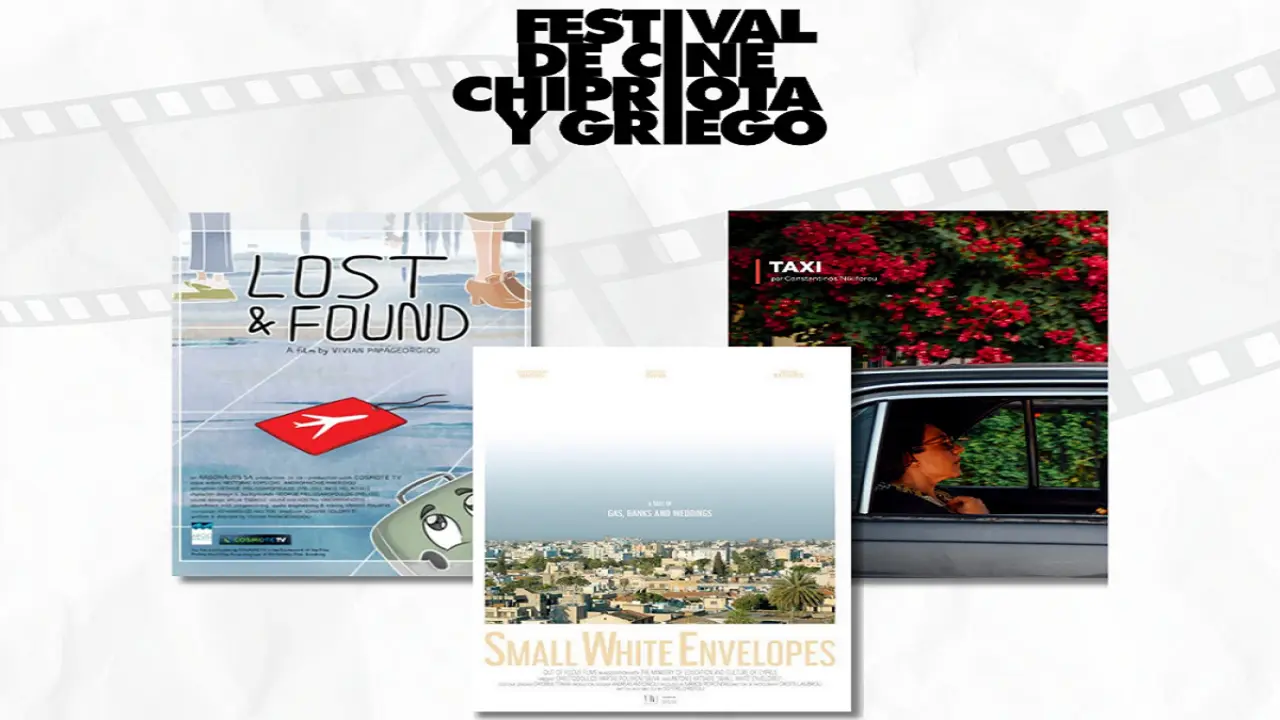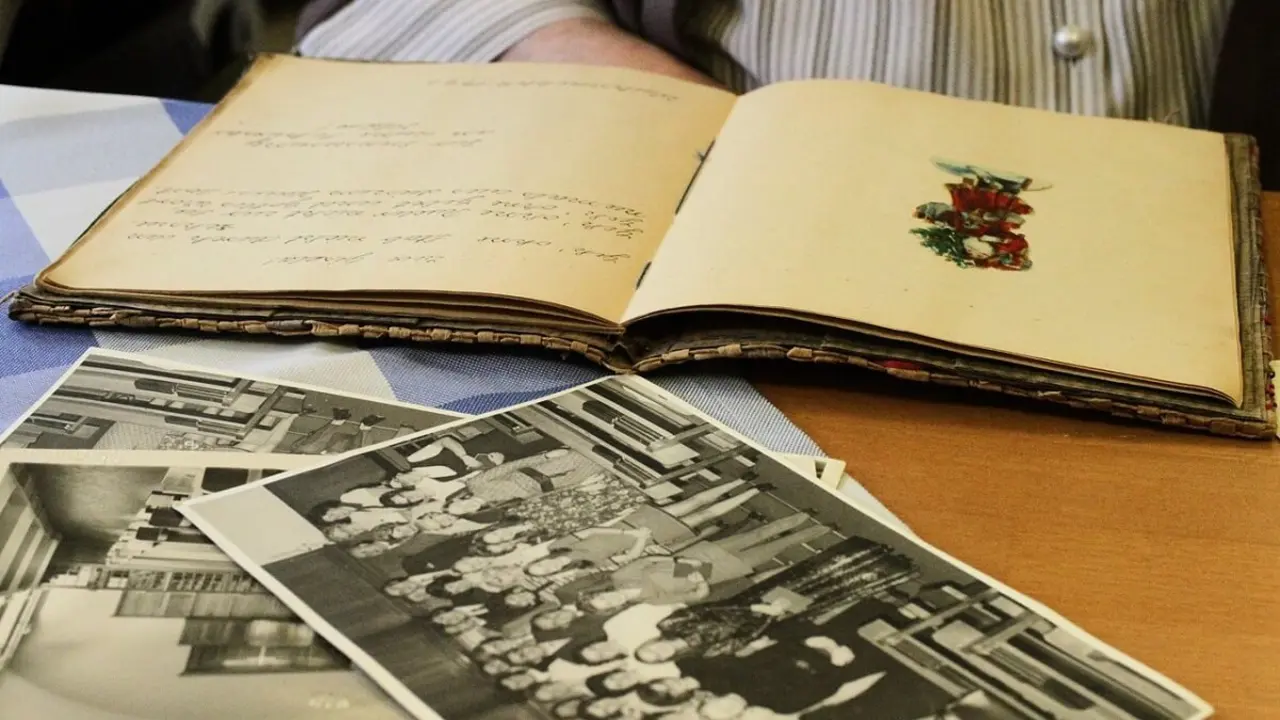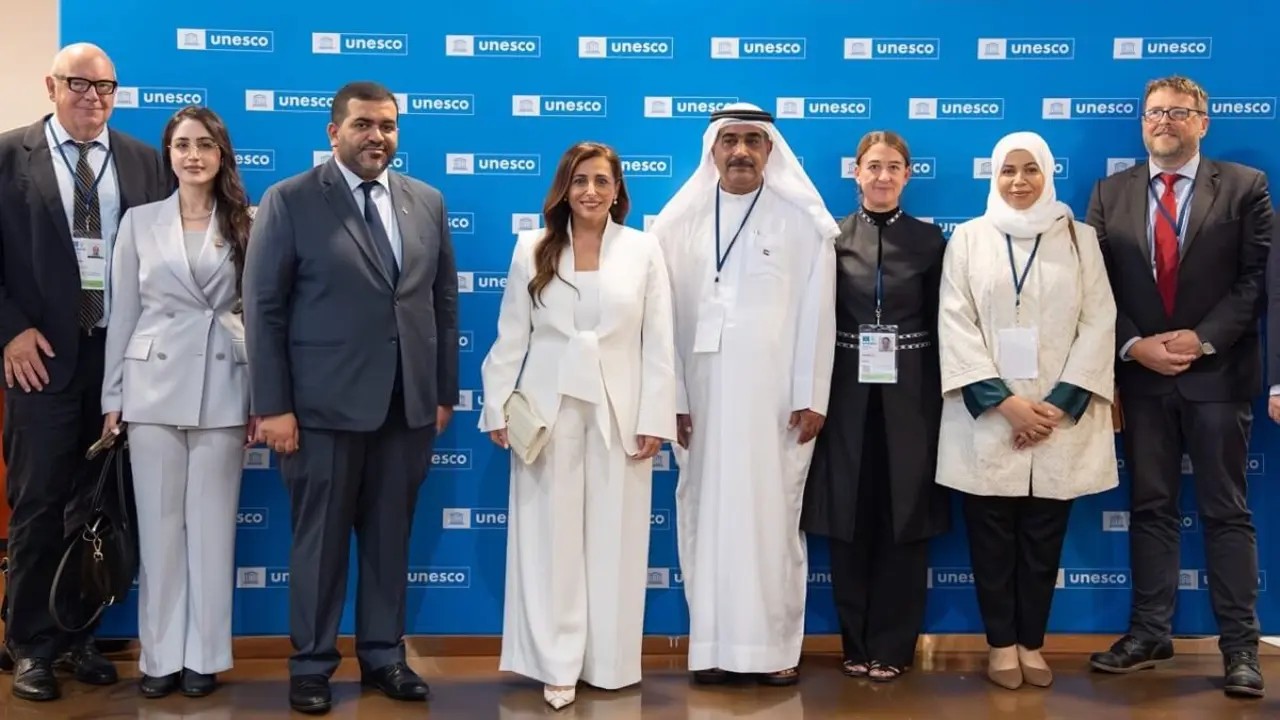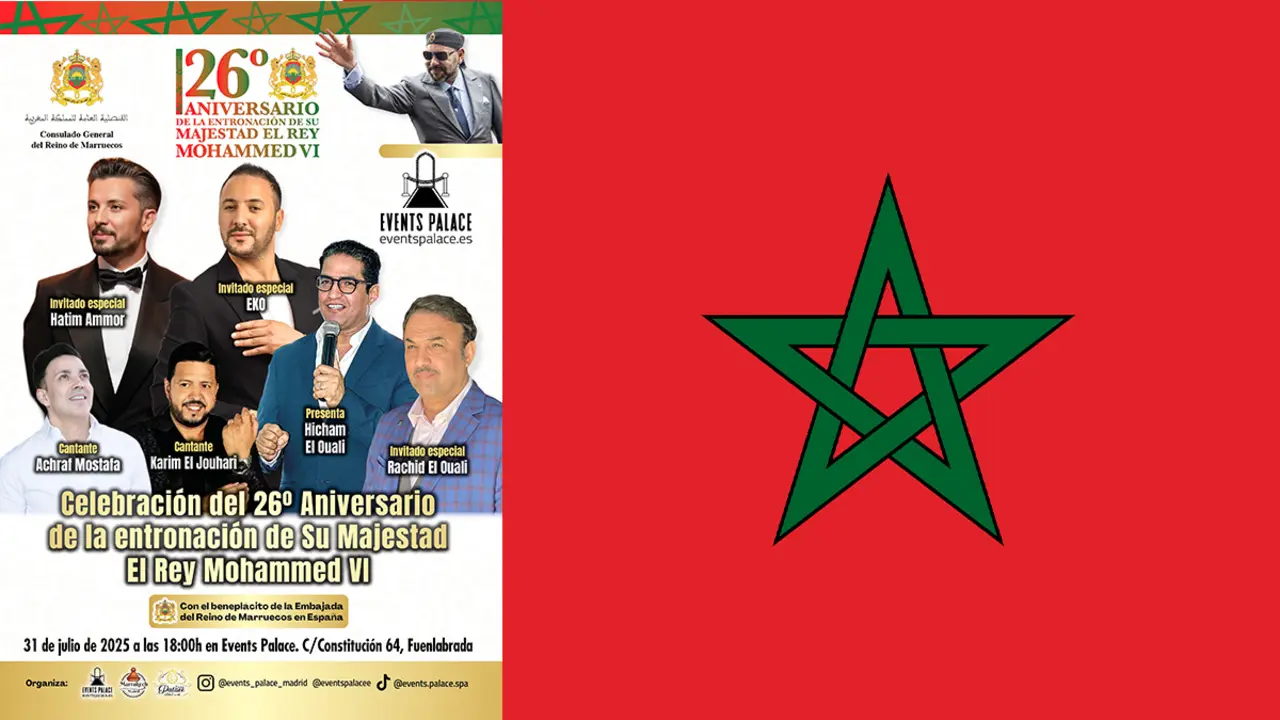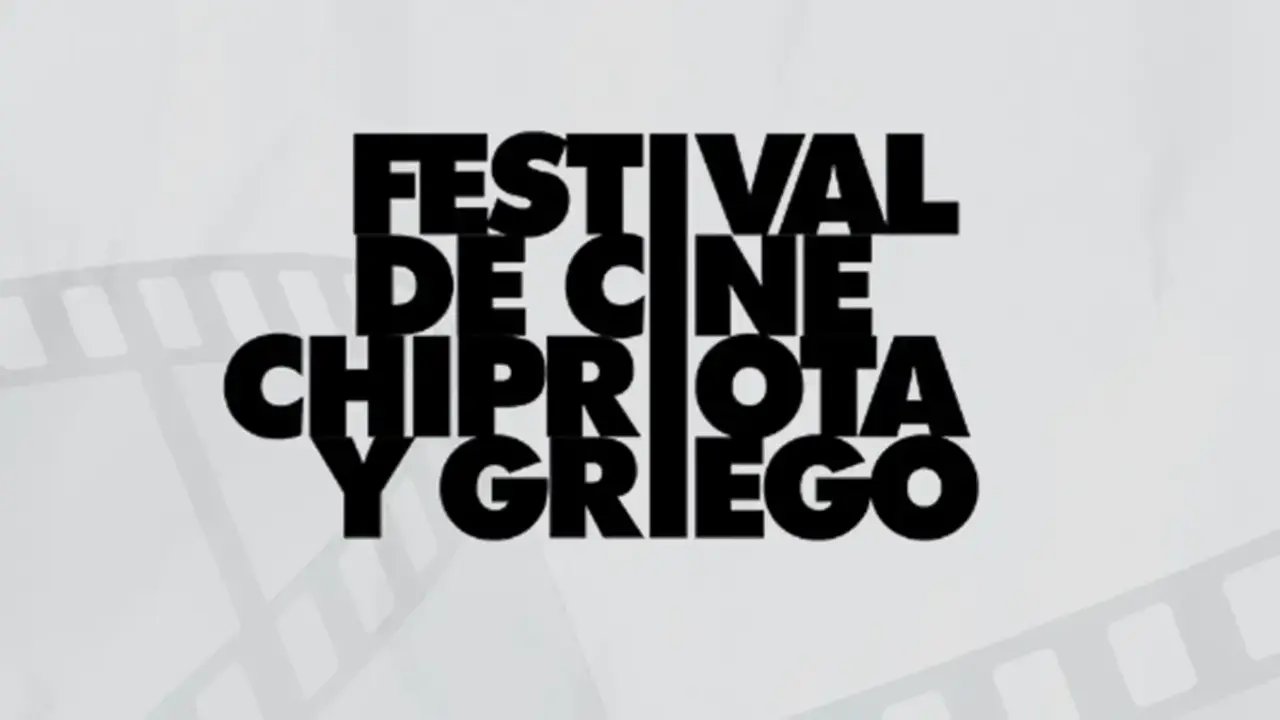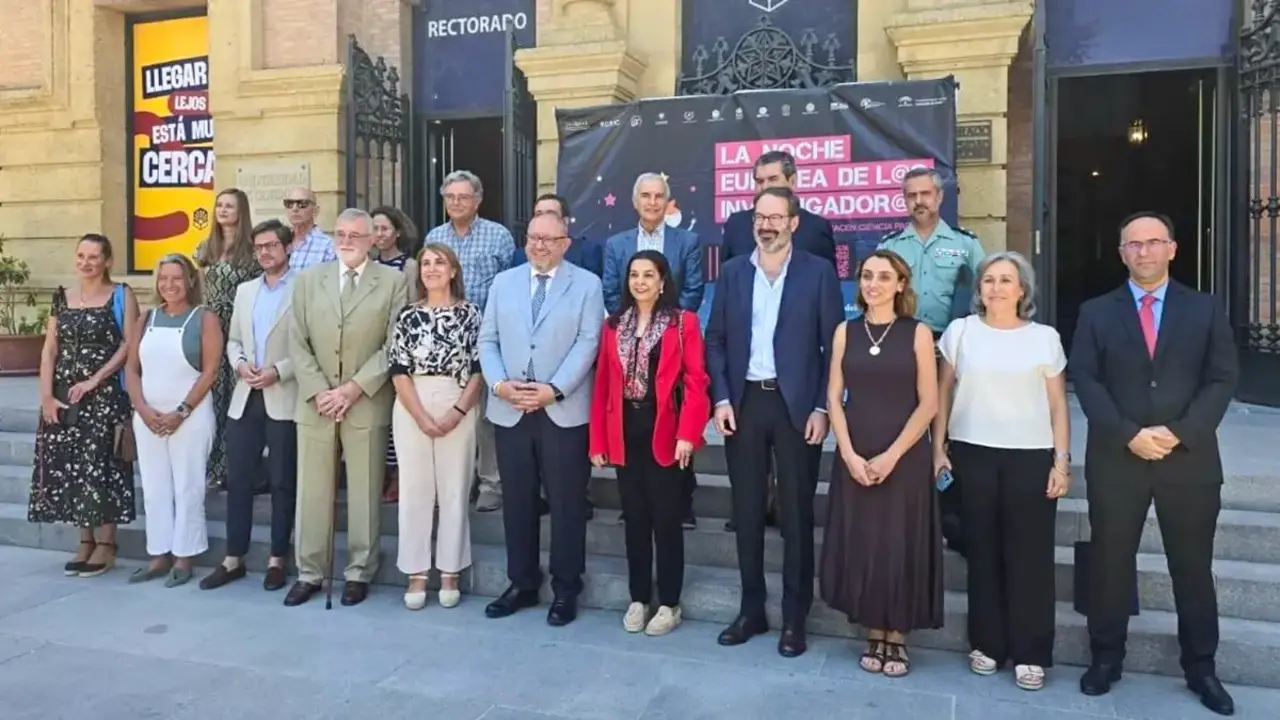Peru, Cadiz and the Spanish language

The beautiful "White City", Peru's southern emporium, owes its name to several equally fascinating hypotheses. In the Aymara version Ari-quepa means "Behind the Summit", while in the Quechua Are-quepay it translates as "Yes, stay". In any case, the majestic Misti volcano presides over its history, past and present, and also lords over its proud coat of arms bestowed by Cesar Carlos. And it owes its current fame to the Spanish-Peruvian writer and winner of the Nobel Prize for Literature Mario Vargas Llosa, for being his birthplace, a small homeland so relevant in the Hispanic world of both hemispheres, as the Cadiz Constitution of 1812 rightly indicated.
Arequipa was destined to be the capital of the IX International Congress of the Spanish Language, but recent political instability led to its transfer to the peninsular Cádiz. A pity, but also a joy for the reunion with the southern Spanish city of unquestionable Hispanic tradition and culture.
This great triennial event will be held from 27 to 30 March 2023, and is organised by the prestigious Cervantes Institute and the Royal Spanish Academy, together with the Association of Spanish Language Academies. A privileged forum for reflection and projection of a universal language, a heritage that unites peoples and territories all over the world, circumnavigated by Juan Sebastián Elcano five hundred years ago. The motto is significant of this vocation: "Spanish language, miscegenation and interculturality". A triad of particular importance in the globalised world of the early 21st century.
Casa América Málaga-Sociedad Económica de Amigos del País will be present thanks to José Antonio Sierra, a qualified promoter of this. A four-hundred-year-old institution through which the Chilean Nobel Literature Prize winner Gabriela Mistral passed. Malaga's oldest civil institution that survives as a repository of the memory of America through its accredited Ibero-American Section, which maintained cultural links in the transatlantic space understood as a network a century ago. It is also a worthy heir to the efforts of the Minister of the Indies José de Gálvez and the thinker María Zambrano from Velez, among others from an extensive list of Malaga's Americanists.
The Hispanic world is mestizo and is so in everything. Americanisms populate our shared language everywhere. Ideas and words from a New World of fascinating and novel nature or attractive and diverse cultures. A common language, but not a patrimonial one, but with a destiny on a planetary, global scale, as a legacy of those intercultural societies of five centuries ago.
Mestizo language in the mouths of mestizo peoples. Biological miscegenation which, together with cultural syncretism, forged the great variety that today makes up the Hispanic community, the fruit of the transculturality described by the Cuban Fernando Ortiz. The great Inca Garcilaso summed it up in beautiful words in his Comentarios Reales de los Incas: "The children of Spanish and Indian, or of Indian and Spanish, are called mestizos, meaning that we are a mixture of both nations [...] and because it is a name imposed by our parents and because of its significance, I call it by its full name and I am honoured with it". Mestizaje is the true Hispanic keystone, as the Cuzco-born son of the Spanish conquistador Captain Sebastián Garcilaso de la Vega y Vargas, of Extremadura nobility, and of the Inca ñusta or princess Isabel Chimpu Ocllo, great-granddaughter of the Inca Túpac Yupanqui and granddaughter of the Inca Huayna Cápac the Great, so acutely emphasised.
Connections of all kinds and at all times thanks to the Spanish word. The meritorious diplomat and best writer Salvador de Madariaga unequivocally affirmed the Hispanic virtues in the New World - winners in the comparison between light and shadow - after a comparative analysis that began with Hispanic self-critical awareness. Pedro Laín Entralgo, in that Spain of consensus, wrote in the prologue to a work by Senator José Prat returning from exile: "More than once I have said that only through personal experience of Hispanic America can a Spaniard acquire full awareness of his situation in history".
We wish the best for the IX International Congress of the Spanish Language, for it represents all of us and the best of us. Language creates reality and nothing is more important than debate and reflection on all that generously unites us, which is much and good, as Julián Marías rightly pointed out about the grafted historical reality of the Hispanic world; or the Venezuelan Arturo Uslar Pietri, about the Hispanic American pride of being-in-the-world and its powerful present creative potential: "We are Hispanic Americans and it is this and nothing else that gives us dignity, value and presence before the world". So equal and so different. Rich diversity that unites us and that must start from the recovery of the legitimate pride in a great common past if we want a future splendour of brotherhood. In this task, the word is crucial, in its extraordinary diversity of languages and accents that unite and do not separate. The Spanish language is an amalgam and therefore a fertile and respectful word that unites us.
Antonio Gala spoke of his relationship with his readers and with writing itself in eloquent terms: "I think I write because I need it to feel alive [...] For me, writing is living: my non-transferable way of doing it". The word cannot be replaced by the image, because that would endanger the imagination, as the Peruvian Vargas Llosa recently asserted. True, let us guard it carefully. The Cadiz meeting is one more link in this endeavour.
And next April we are once again invited by Cervantes to celebrate our marvellous language. In the Second Part of his immortal Don Quixote, the great Castilian wrote: "Truth thins and does not break, and always walks on lies like oil on water". Cervantes concluded in his words to the reader that "he is not worthy who does not dare to appear in the open field and to the clear sky, concealing his name, pretending his homeland, as if he had committed some treason of lèse majesté". OK.
By Jorge Chauca García, historian
Faculty of Education Sciences
(University of Málaga)
Submitted by José Antonio Sierra, Hispanismo advisor.

